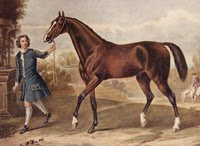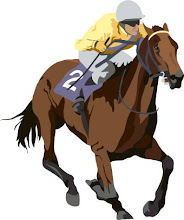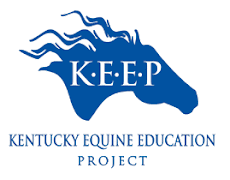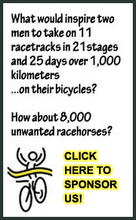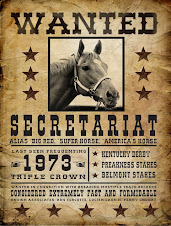
In December 2006, the membership of the National Thoroughbred Racing Association appointed Alex Waldrop as president and CEO. A past president of Churchill Downs and a former partner in the Kentucky-based law firm of Wyatt, Tarrant & Combs, Waldrop brought a wealth of industry experience to the NTRA, a coalition of horseracing interests and associations that includes owners, breeders, trainers and racetracks.
OOF: I was encouraged by the creation and mission of the NTRA Safety and Integrity Alliance which genuinely takes the steps to show that you are working to change the conditions and the ultimately the public perception of Thoroughbred racing, as such what are your feelings as to what the Alliance has accomplished so far?
ALEX: I am extremely proud of what the Alliance has accomplished thus far. The industry has rallied behind the Alliance and its mission to implement meaningful, uniform safety and integrity reforms. To date, five racetracks have been accredited by our Alliance inspection teams, five more tracks are in various stages of review and some 45 tracks have expressed interest in being reviewed over the next two years. Most gratifying of all has been the level of commitment from all industry stakeholders – tracks, horsemen, breeders, owners, trainers, jockeys, regulators, veterinarians and even fans - to make the objectives of the Alliance a reality. While much work remains before we have full implementation on a national level, the results to date are very promising.
OOF: I have been touting heavily for the past year that if Thoroughbred racing doesn’t create a strong governing body then congress will. The current undertakings and government intervention within the auto companies, banks, insurance companies (the list goes on) I believe up holds my theory insofar that the government has demonstrated if they have the power to do so they will intervene and take control, and with the Interstate Horseracing Act they have the power. I have also been heavily touting that the NTRA should be the organization (reference my article “Big Brother is Coming”) to take the reigns of control, that said how is the NTRA addressing the possibility of government intervention and the wresting of absolute control?
ALEX: Due to the industry’s reliance on pari-mutuel wagering as our principal source of revenue, it is highly doubtful that the individual racing states will ever willingly cede control of horse racing within their own states. It’s also highly doubtful that the racing industry would be regulated expertly or efficiently by the federal government. I also don’t think that most elected officials in Washington believe that the federal government should be involved in governing our sport. Our sport operates best when regulated by those who have strong local connections to and expertise in, and an appreciation for, the complex agribusiness that is the racing industry. All of these factors point to state regulation.
OOF: I have extensively studied the NASCAR marketing model in order to determine how the sport changed its public perception from one of populated by rednecks (not my term) to the heavily corporate endorsed number two sport in America and then thereby how said model could translate to Thoroughbred racing. I have found the major underlying factor of the change in public perception can be traced to the creation of a strong governing body. Once this was accomplished said body set about as a unified organization to woo corporations, networks and would be advertisers to become a part of the NASCAR team. The result has become a complete transformation into as previously stated the number two sport in America. I believe if the NTRA were to become the governing body and followed a similar marketing model the sport of Thoroughbred racing could be brought to what it once was. What are your thoughts as to how this may translate to the future of Thoroughbred racing?
ALEX: I’m not sure that racing will ever see a single governing body a la NASCAR for reasons stated above. But that doesn’t mean we can’t be governed in a strong, uniform way. The work of the NTRA Safety and Integrity Alliance is already moving the needle in that direction, in part by working cooperatively with the states. If we can achieve this goal, I believe that marketing benefits will follow.
OOF: One last question, what do you believe will be the impact of the Triple Crown races from a marketing standpoint whereby a Colt that sold for $9,500 ran away with the Derby, followed by a Filly winning the Preakness?
ALEX: The biggest marketing impact comes from the terrific story lines we saw this year, which translate into increased, broader public interest. The long shot nature of Mine That Bird’s victory put our sport immediately on the cover of Sports Illustrated, and then Rachel Alexandra’s Preakness win took things to an even higher level by bringing in a great many more casual fans including, of course, many females. Suddenly the sport was making the rounds from The Tonight Show to Letterman, which was terrific for us. Our challenge as an industry going forward is to convert as many of these casual fans into committed, year-round fans as possible.



